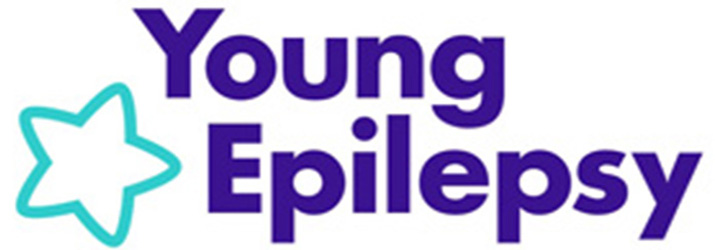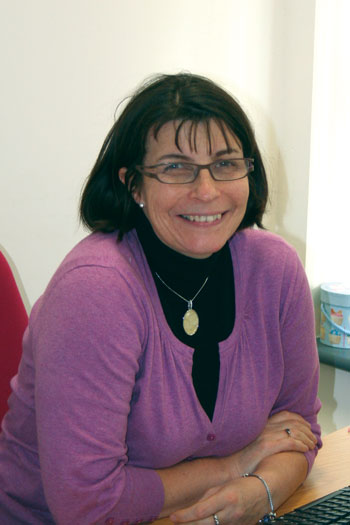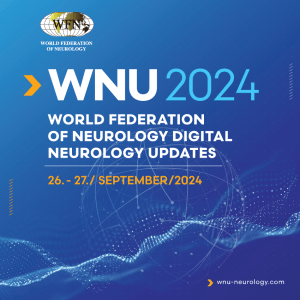
This summer’s Childhood Epilepsy Masterclass was held in the Neville Childhood Epilepsy Centre at Young Epilepsy headquarters in Lingfield, Surrey. Young Epilepsy, as the only UK charity working exclusively to improve the lives of the 112,000 children and young people with epilepsy, brings together medical, therapy and research expertise to diagnose and treat children and young people with epilepsy from across the UK.
The one-day Masterclass was hosted by Professor Helen Cross, The Prince of Wales’s Chair of Childhood Epilepsy. The event, which was sponsored by Special Products Limited and Cyberonics, brought together a wide array of specialists with varied experience; Staff Nurses, Registrars, Consultant Paediatric Neurologists, Neuropsychologists, Consultant Neurodisability Paediatricians and Community Paediatricians.
With such a wide field, the programme was designed with a series of presentations and interactive workshop sessions to appeal to the trainees, while being detailed enough to engage the experts. The day opened with a welcome from Professor Cross. This was followed by the first talk from Dr Colin Ferrie titled ‘What makes epilepsy ‘difficult’?’ Dr Ferrie is a Consultant Paediatric Neurologist at Leeds General Infirmary where he is the Clinical Lead for Paediatric Neurosciences. His major interest, both clinically and from the research point of view is epilepsy and this was evident in the very practical approach to the talk which included clinical scenarios. Dr Ferrie discussed the impact of seizures (the frequency, semiology and duration), epilepsy co-morbidities and the reaction of the child, family and school to epilepsy.
The second talk titled ‘The role of the ketogenic diet in epilepsy management’ was delivered by Dr Christin Eltze who is a Consultant Paediatric Neurologist with a special interest in epilepsy at Great Ormond Street Hospital for Children. Dr Eltze works in the Complex Epilepsy Unit, where her responsibilities include being the lead for the ketogenic diet service. Her very informative presentation covered the first application of the dietary treatment in childhood epilepsy reported almost 100 years ago and the number of different types of the diet available now such as the classical ketogenic diet, medium-chain triglyceride type diet and modified ketogenic diet – previously termed modified Atkins diet. Results from a number of open studies in humans were discussed as was the long-term follow up data.
These talks were followed by three interactive workshop sessions on surgery, vagus nerve stimulation and behaviour. The sessions ran for an hour at a time over a 3 hour period and delegates were divided into three groups. This gave each delegate the opportunity to attend all the workshop sessions over the course of the day.
The workshop on surgery was led by Dr Krishna Das who is a Consultant Paediatric Neurologist at Great Ormond Street Hospital and at the Neville Childhood Epilepsy Centre at Young Epilepsy in Lingfield. His main areas of interest are management of complex epilepsy, neurophysiology and presurgical evaluation. The surgery workshop gave delegates excellent factual insights into presurgical evaluation and Dr Das’ use of MRI and EEG images made for very engaging case discussions.
The session on vagus nerve stimulation (VNS) provided an introduction to VNS therapy, and presented delegates with an opportunity to see the devices and the programming equipment. This session was led by Dr Sophia Varadkar, a Consultant Paediatric Neurologist and Clinical Lead of the Epilepsy Unit at Great Ormond Street Hospital. Her workshop included discussions on appropriate case-selection, the benefits and adverse-effects of VNS therapy.
The session on behaviour was led by Dr Teresa Lax-Pericall, a Consultant in Child and Adolescent Psychiatry at South London and Maudsley NHS Paediatric Liaison Department and Acquired Brain Injury Service and a visiting Consultant at Young Epilepsy. Her case study discussions were engaging and practical and offered the delegates a general overview of psychiatric problems in epilepsy.
A highlight of the Masterclass was a debate with the controversial motion titled ‘New drugs don’t offer anything more than older generation’. Dr Colin Ferrie and Professor Helen Cross were for and against the motion respectively. They each delivered a very impressive 15-minute presentation in support of their case before the moderator, Dr Sophia Varadkar, opened the floor for questions and clarifications. The debate highlighted the lack of data in the drug treatment of children with epilepsy and led to much discussion as to the wording of the motion itself. However it led to a very informative and entertaining 45 minutes.

The day continued with a talk on ‘Cognition and Academic Achievement’ by Colin Reilly who is an Educational Psychologist at Young Epilepsy. He is currently working on a research project which aims to determine the prevalence of learning and behaviour difficulties in school-age children with epilepsy and gave a good overview of the educational problems they face. The talk highlighted the significant association between epilepsy and learning (intellectual) disability and made good reference to research data and case studies.
The final talk of the day on ‘Epilepsy services and guidelines’ was delivered by Dr Colin Dunkley, a General Paediatric Consultant with ‘expertise in epilepsies’ at King’s Mill Hospital, Mansfield. Dr Dunkley is lead for the Epilepsy12 National Audit; a three-year audit to help improve patient outcomes in the quality of care and service provided. Despite being the last talk of the day this was very engaging with discussion of practices experienced by delegates.
This Masterclass was one of an ongoing programme at Young Epilepsy where Masterclasses are held twice a year. The next one was scheduled for 22 November 2012. Visit http://youngepilepsy.org.uk/news-and-events/news/11110-young-epilepsy-to-host-a-masterclass-by-professor-helen-cross to book your place on the next Masterclass.

